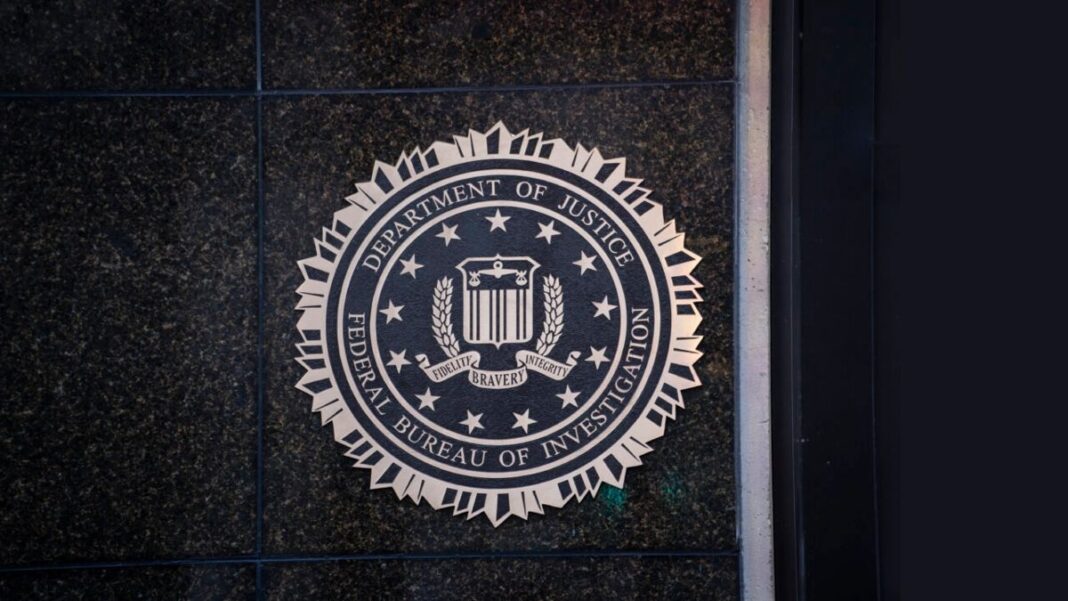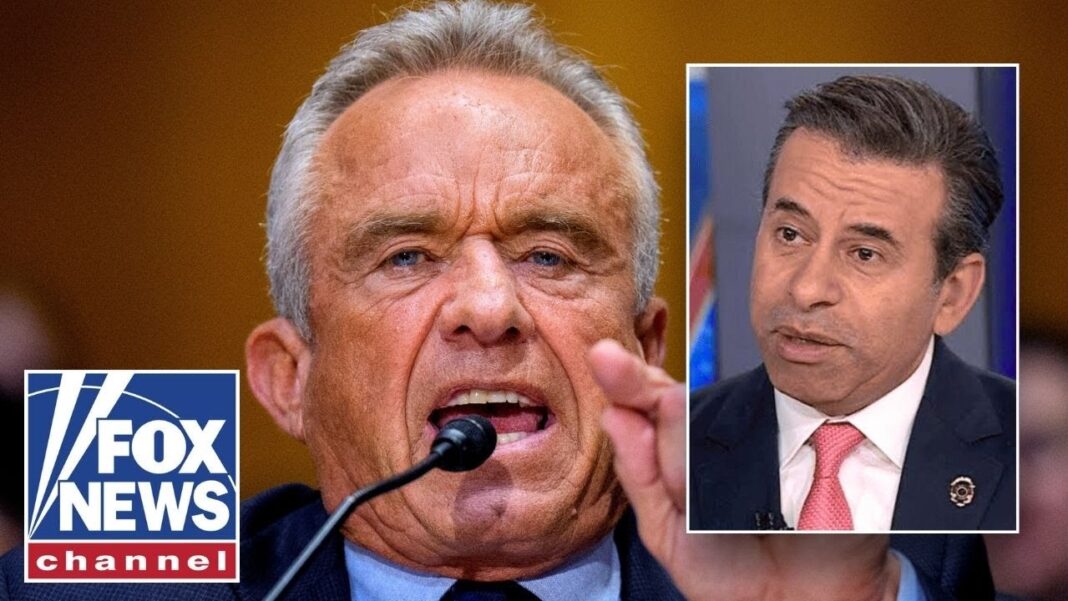Juveniles face much lower sentences compared with adults convicted of the same offenses, so criminals recruit them.
The biggest cohort involved in gang activity in the United States is youths 13 to 16 years old, the FBI revealed as part of the agency’s Gang Activity, 2021–2024 special report published on Sept. 8.
There were 79,507 offenders engaged in gang activities during the four years, and of these, 19,163 were aged 13 to 16—the highest among all age groups.
This was followed by 17- to 19-year-olds with 13,563 offenders, and those 20 to 24 with 11,452 offenders.
“Over one-third (33.8 percent) of offenders were juveniles under the age of 18, and more than half (58.2 percent) were under the age of 25,” the report said.
Besides being top offenders, the 13- to 16-year age group also accounted for the largest number of victims of gang activity. More than half of the victims were under the age of 30.
“Of known victim-offender relationships for incidents involving gang activity, 67.1 percent of victims knew the offenders in some manner. Conversely, 30.1 percent of relationships described the offenders as strangers.”
According to the Office of Juvenile Justice and Delinquency Prevention, the juvenile justice system in the United States aims to rehabilitate youth found guilty of crimes rather than punish them.
“In many cases, juveniles face much lower maximum possible sentences compared to adults convicted of the same offense,” the Department of Justice’s (DOJ) justice manual states.
“Juveniles under the age of 18 will not be detained past their 21st birthday, and individuals aged 18 to 21 who are being prosecuted as juveniles will face a maximum of five years.”
Charges against juveniles are not pursued as criminal prosecutions but as delinquency proceedings, it said. Juveniles also have robust privacy protections, including sealed records, non-jury trials, and closed rooms.
When a legal system implements softer punishments for children, it’s an incentive for gangs to recruit kids, Daniel Brunner, a retired FBI special agent, said in a post on LinkedIn.
“Gangs seek petty criminals, and they promote teenage recruits to commit petty crimes—presumably because these young recruits are not only undisciplined and easily influenced but also largely immune to serious legal consequences,” he wrote.
“On some occasions, youth which have proven themselves as trust worthy, may be tasked to conduct more serious acts, such as look out for a homicide, sexual assault, and possibly even murder. The legal consequences are typically very weak for younger criminals, especially at the Federal level, allowing these gangs to get away with these crimes.”








